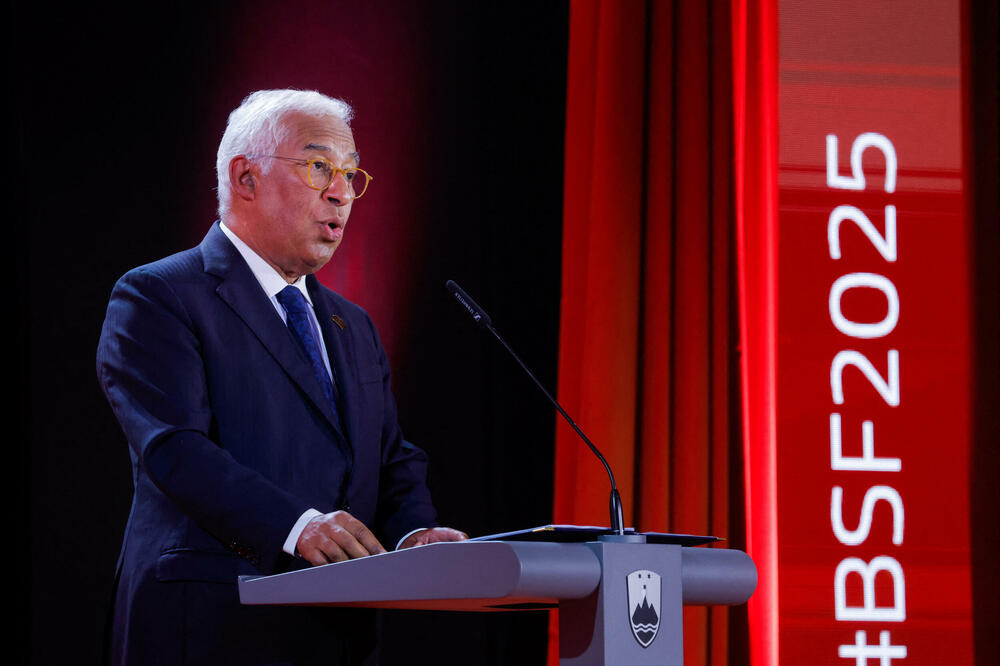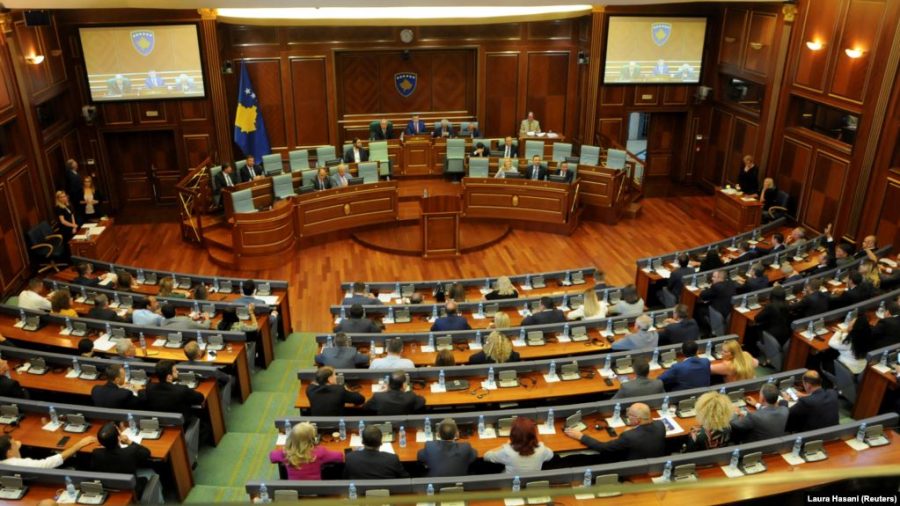Kosovo’s months-long political stalemate continued on Sunday, as lawmakers failed for the 25th time to form a new government following the country’s February 9 parliamentary elections, plunging the Western Balkan state into a deepening crisis with no immediate resolution in sight.
For nearly four months, members of parliament have convened every 48 hours in repeated but fruitless attempts to elect a speaker and approve a new administration. The deadlock has left Europe’s youngest country without a functioning government and exposed to rising domestic and geopolitical risks.
The elections handed a narrow victory to the nationalist Vetëvendosje (Self-Determination) party, led by incumbent Prime Minister Albin Kurti. However, the party secured just 48 seats in the 120-seat parliament—10 fewer than in the previous vote—falling short of the majority needed to govern alone.
Efforts to form a coalition have since stalled, with opposition parties refusing to support any Kurti-led administration while lacking the numbers to form an alternative government.
Kurti’s confrontational stance toward the EU, the United States, and Serbia has further complicated the political landscape. His push to bring northern Kosovo—home to a Serb majority—under tighter control by dismantling parallel governance structures has drawn strong rebuke from Western allies.
In response, the European Union imposed limited sanctions on Pristina, while Serbia faced no punitive measures. The backlash has alarmed Kosovo’s opposition, which argues that deteriorating ties with key Western partners risk damaging the country’s fragile security and long-term aspirations for EU integration.
The political deadlock is exacerbated by the structure of Kosovo’s parliament, where 10 seats are reserved for the Serb minority. Most are held by the Serbian List party, which is closely aligned with Serbian President Aleksandar Vučić and accused of undermining political stability in Kosovo.
President Vjosa Osmani has so far resisted calls to dissolve parliament and call new elections, amid concerns that a fresh vote would fail to break the impasse and could deepen the crisis.
Kosovo, which declared independence from Serbia in 2008, continues to face pressing challenges including high poverty levels, corruption, organised crime, and drug trafficking.
Progress on these fronts is seen as critical to advancing EU membership ambitions, but a key requirement—normalising relations with Serbia—has stalled since the deadly 2023 attack by Serbian gunmen on the village of Banjska in northern Kosovo.
Meanwhile, former U.S. envoy Richard Grenell, who played a prominent role in Kosovo-Serbia dialogue under the Trump administration, remains an outspoken critic of Kurti’s leadership. Grenell, a close ally of Vučić and associate of former President Donald Trump, continues to exert influence in Washington’s Balkan policy circles.
As Kosovo’s political paralysis drags on, pressure is mounting on domestic leaders and international stakeholders to find a path forward that can restore institutional functionality and re-anchor the country’s Euro-Atlantic trajectory.



